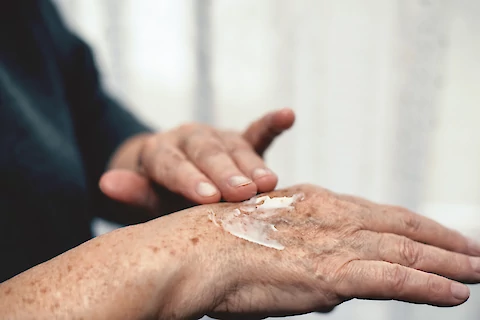
As we age, we need to be aware of the various health concerns that may arise, including melanoma. This type of skin cancer can pose a significant threat to seniors. This makes it vital to understand and address any risk factors that could increase your vulnerability. Learn some common melanoma risk factors and what you can do to maintain long-term skin health and prevent cancer.
What Are the Risk Factors for Skin Cancer?
Some of the most common or impactful risk factors for melanoma include a family history of melanoma, a personal history of skin cancer, fair skin, light hair, and light eyes. Frequent sun exposure and a history of sunburns can also contribute to your risk, as well as your age and the presence of many unusual moles on your body. A weakened immune system may also make you more susceptible to melanoma.
How To Help Prevent Skin Cancer
One of the most critical steps in melanoma prevention is to schedule regular skin cancer screenings. These screenings can help detect suspicious skin changes early on when they are more likely to be treatable. The frequency of your screenings may vary depending on your risk factors. But generally, experts recommend having a professional skin exam at least once a year. However, those with a history of skin cancer or other significant risk factors may need to schedule screenings more frequently.
In addition to regular screenings, sun protection is crucial in reducing your risk of melanoma. Sunscreen with an SPF of at least 30 is recommended, even on cloudy days. This is because harmful UV rays can still reach your skin. Be sure to apply sunscreen on all exposed areas of your body and reapply every two hours or after swimming or sweating. Protective clothing, such as long sleeves, wide-brimmed hats, and sunglasses, can also help block harmful UV rays. When possible, seek shade during peak sun hours, typically between 10 a.m. and 4 p.m. when the sun's rays are strongest.
Regularly monitoring any moles or skin changes can help you catch any concerning developments early. To perform a self-examination:
- Use a full-length mirror and a hand-held mirror to examine your skin from head to toe thoroughly.
- Pay close attention to any existing moles, noting any size, shape, or color changes.
- If you notice any worrisome changes, contact your healthcare provider promptly.
If you're looking for additional resources and support, consider contacting local dermatologists, cancer centers, or support networks for those with melanoma or increased risk factors.
Need Support With Your Skin Health?
Understanding and addressing the risk factors for melanoma is crucial for seniors to maintain long-term skin health. By scheduling regular skin cancer screenings, practicing sun safety, performing self-examinations, and adopting a healthy lifestyle, you can significantly reduce your chances of developing this potentially dangerous skin cancer.
If you or a loved one in Knoxville, Maryville, Madisonville, Loudon, or Harriman are concerned about melanoma risk factors or need assistance maintaining long-term skin health, contact Senior Helpers Madisonville for support and resources. We can help with self-examinations, transport to dermatology appointments, and reminders about sun-safe skin care. We're here to help you take control of your skin health and provide the guidance and care you need.